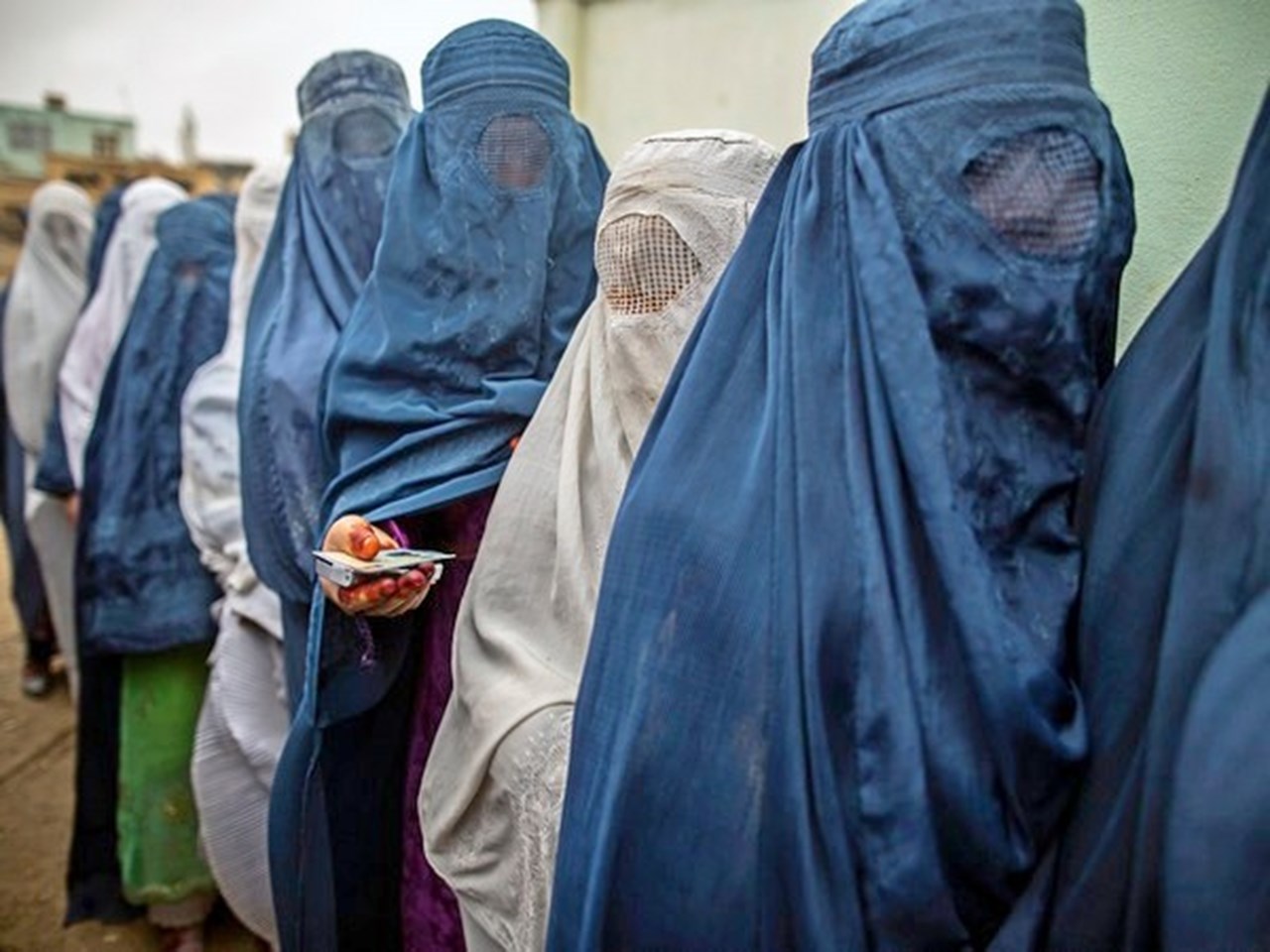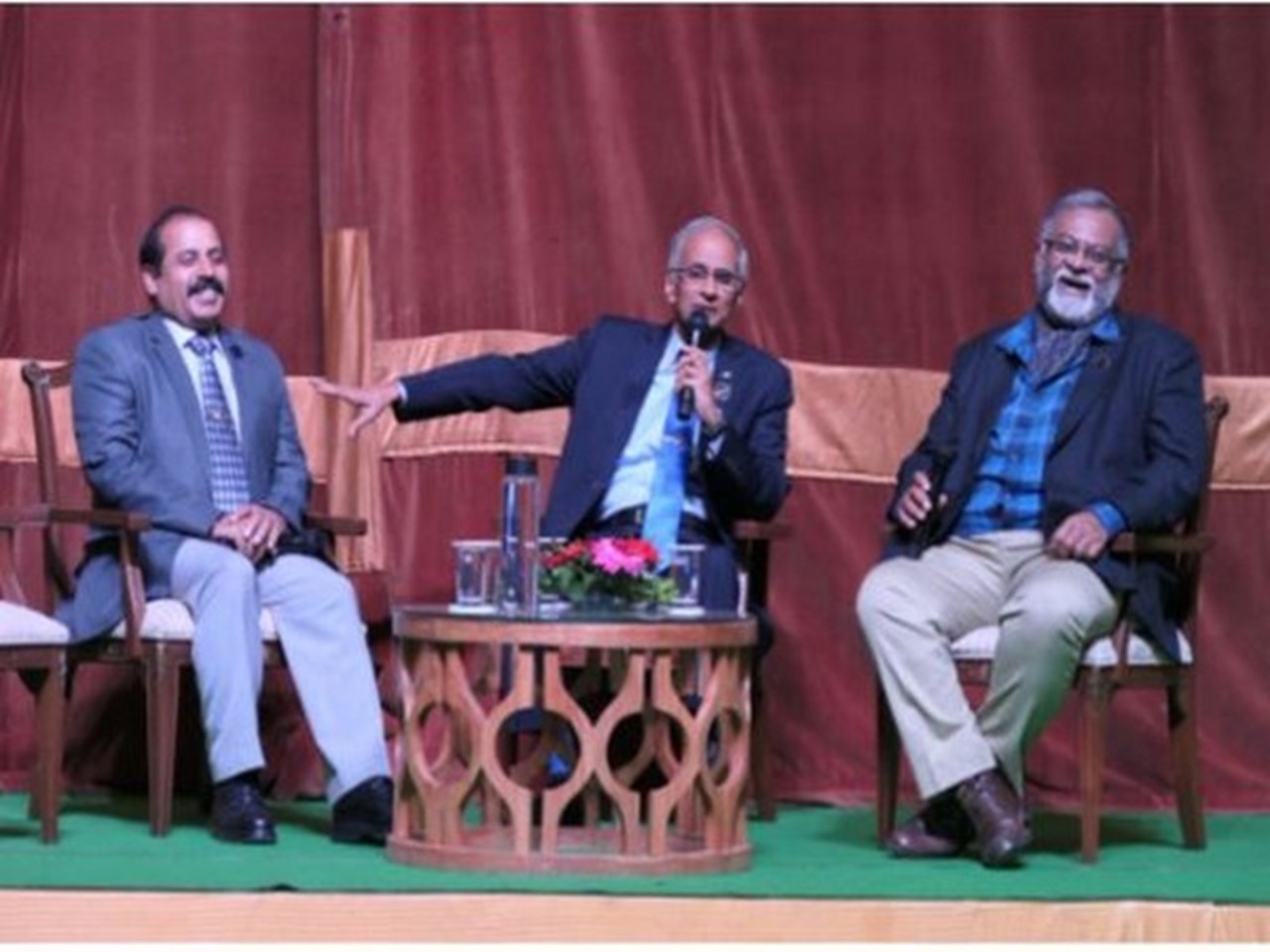JIBS Conducts Pro-Bono Teacher Training Programme for Educators in Srinagar
Professor of Eminence (Dr.) Sanjeev P. Sahni, Principal Director at Jindal Institute of Behavioural Sciences (JIBS) and Vice-President of World Society of Victimology (WSV) delivered a teacher training programme on “Emotional Well-being and Stress Management” for the school principals, teachers, and counselors on Saturday in an impressive gathering of educators here in Amar Singh Club, Srinagar.

More than 150 educators from 30 schools across the region attended the session that accentuated the importance of maintaining a right work-life balance by incorporating stress management techniques like mindfulness, meditation, and physical exercise.
“Driven by a keen sense of social responsibility, Jindal Institute of Behavioural Sciences (JIBS) engages in extensive community outreach programs for school teachers by providing them with pro-bono capacity-building trainings. Our target audience comprises educators, school leaders, and administrators from the diverse schools across India, and also other lower and middle-income countries like Indonesia, Kenya, Nigeria, Sri Lanka to name a few,” said Dr. Sahni who also heads the Centre for Leadership & Change at JIBS.

It is pertinent to mention that the flagship teacher training programs conducted by Dr. Sahni have received international recognition, with the current module being shortlisted for the famed Wharton-QS Quacquarelli Symonds Sustainability Education Awards. It has been ranked amongst the top 12 percent of innovations worldwide.
As of today, Dr. Sahni and his team of researchers at JIBS have trained more than 1,80,000 teachers and school administrators in more than 8000 schools across the globe.

“We implement an unexplored approach inspired from a higher education context, using the pillars of a Flexible environment, Learning culture, Intentional content, and Professional educators (FLIP) model,” Dr. Sahni added.
Helping teachers and school staff to practice concrete stress management techniques, these teachers’ training programmes have been also been conducted in various schools in countries like UAE, Pakistan, Afghanistan, Nepal, Bhutan, Bangladesh, Kyrgyzstan, Myanmar, Indonesia, Sri Lanka, Bulgaria, and Maldives, apart from India.

The scope of these training programs is further being expanded to train teachers in dealing with disorders such as dyspraxia or developmental coordination disorders (DCDs). “We have also evolved our pro-bono training module to include contextual topics in our endeavour to reach the remote schools of the country. With this attempt, we furthered the accessibility and affordability to the underserved communities in India and abroad,” said Dr. Sahni.

